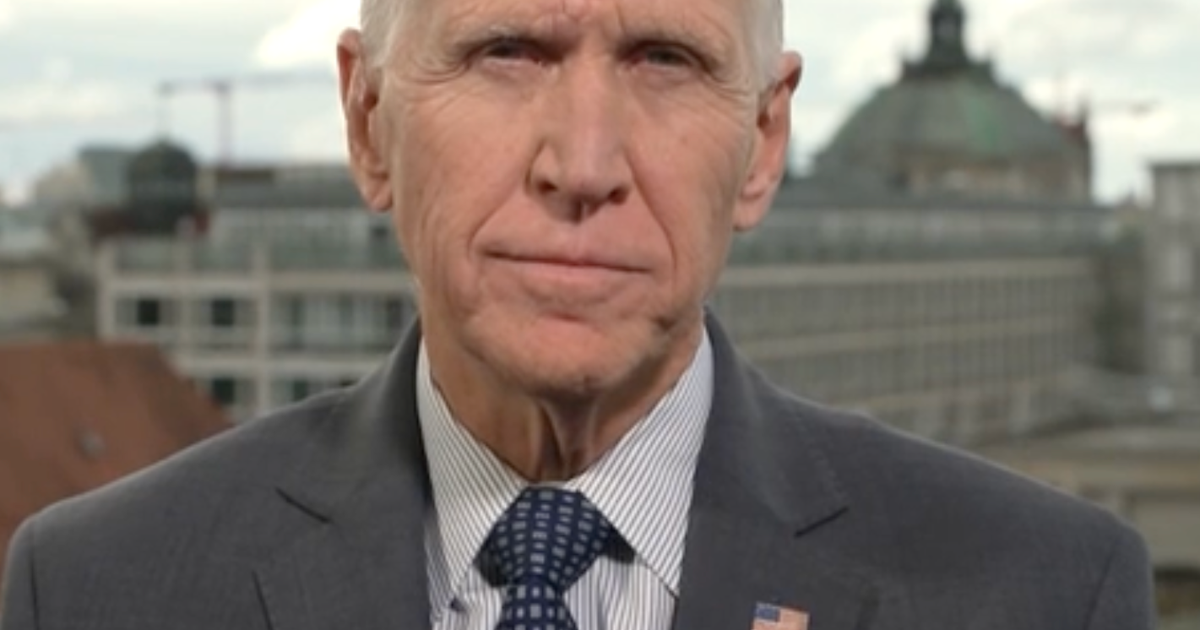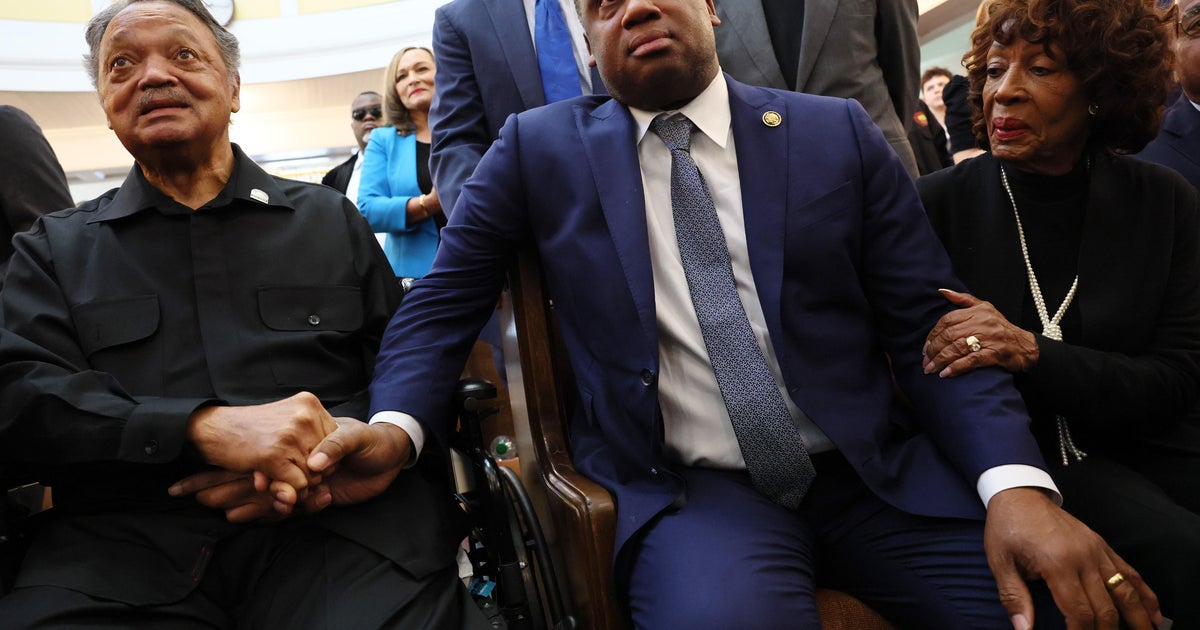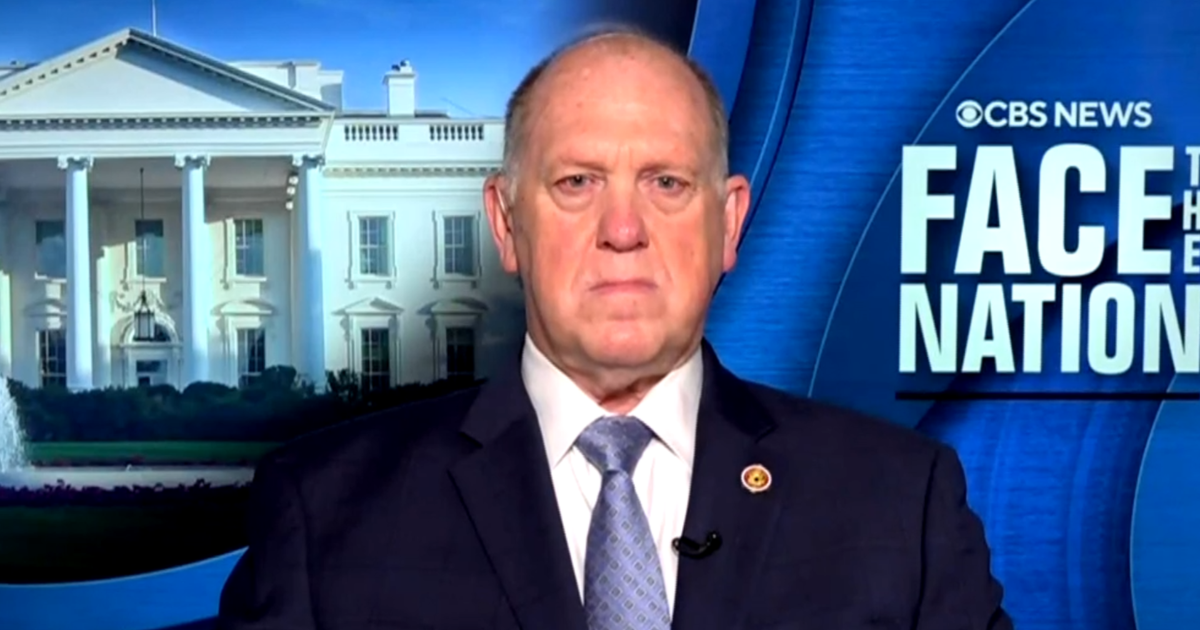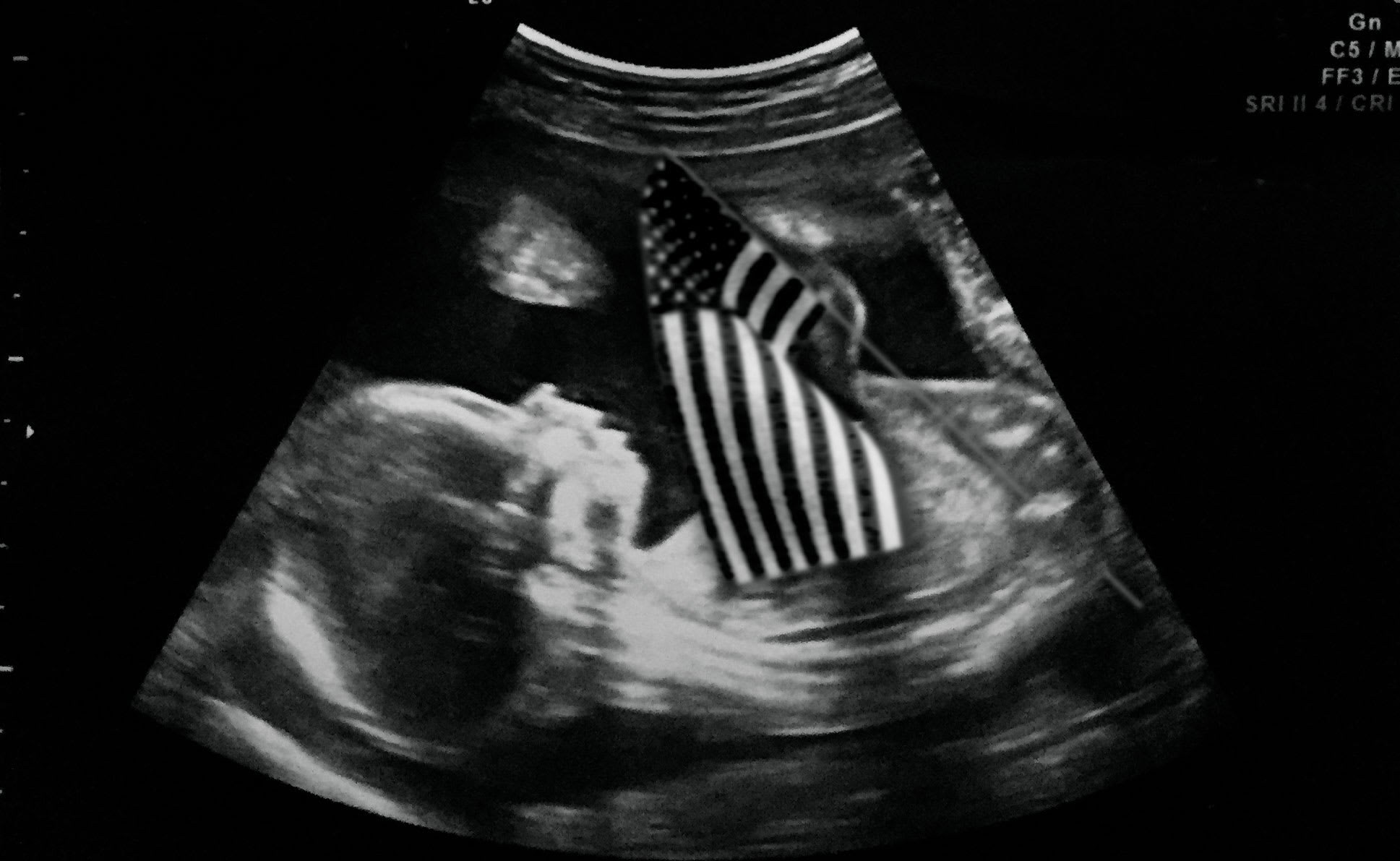Transcript: Rep. Lauren Underwood on "Face the Nation," May 14, 2023
The following is the transcript of an interview with Lauren Underwood, Democrat of Illinois, that aired on "Face the Nation" on May 14, 2023.
MARGARET BRENNAN: Here in the U.S. maternal mortality is at a 60-year high with minority women facing a disproportionately higher rate. Democratic Congresswoman Lauren Underwood joins us from Naperville, Illinois. Good morning to you, Congresswoman.
REP. LAUREN UNDERWOOD: Good morning, Margaret. Happy Mother's Day.
MARGARET BRENNAN: Thank you very much for saying that. Happy Mother's Day to all mothers out there. Can you tell me with- with those mothers in mind, Why are so many American women dying?
REP. UNDERWOOD: So we know that the United States leads the industrialized world in maternal death. And since 2018, maternal deaths have increased 89%. We've seen deaths among moms in all racial and ethnic groups and a lot of that has been due to the COVID pandemic. 80% of these deaths are preventable. We know why moms are dying and we know what policy solutions to take to save mom's lives. And so I've introduced a piece of legislation called the Momnibus, which is that evidence based solution to end this crisis.
MARGARET BRENNAN: You put forward that package actually in 2020, again in 2021, including when Democrats controlled Congress, and I know Vice President Harris has been an ally on many of these issues. But why didn't Democratic leadership push more of these into, you know, progress, like you're still chipping away at this.
REP. UNDERWOOD: You're right. So, in 2021, we were so pleased that the first bill from the Momnibus, the Protecting Moms who Served Act, to support our veteran moms was signed into law by President Biden, and that piece of legislation passed the House with unanimous bipartisan support. So you're absolutely right, the American people are united behind this as a priority, a shared value and we've had broad bipartisan support from the Congress to solve this problem. We have several bills within the package that are bipartisan at this time, we have another bill to protect veteran moms called the Maternal Health for Veterans Act, we have one to address maternal mental health conditions and substance use disorders. And another to make sure that the technology tools that are available on the market are available to all moms across the country.
MARGARET BRENNAN: You've said many of these, but- but none of those things that you are proposing now have a promise to make it to the President's desk, right? I mean, you've got to really push this and build a bipartisan coalition to turn this into law. Do you have Republican allies?
REP. UNDERWOOD: Absolutely. So the Black Maternal Health Caucus is one of the largest bipartisan caucuses on Capitol Hill. As I've outlined, there are several pieces within the amount of us that do have bipartisan support and we're coming on the heels of passing 80% of the amount of us through the house in the last Congress. And so we have a pathway to getting this piece of legislation signed into law this year and we are working hard with our colleagues across the aisle in the House and the Senate to do so.
MARGARET BRENNAN: So Black and Native American women are disproportionately affected by maternal health issues. There have been books like the pain gap by Anushay Hossain that have characterized this as medical misogyny, and institutionalized racism. How much of a factor are those things?
REP. UNDERWOOD: Well, we certainly know that Black moms are three to four times more likely to die of pregnancy related complications. We know that Hispanic moms saw the largest increase year-over-year in the most recent- the most recent CDC data. And we know that Native American moms have significant disparities as well, but I want to be clear that this is a problem that touches every mom and all of our families in this country. It doesn't matter if it's an urban or rural community, it doesn't matter if you live on the east coast or west coast or in the South. This is something that touches all of our lives and so we need to make sure that we're passing these solutions that solve the problems that we're facing in our healthcare system.
MARGARET BRENNAN: So according to the CDC, the deadliest states to give birth, those with the highest maternal mortality rates, are Arkansas, Mississippi, Tennessee, Alabama, and Louisiana. These are all states with very large rural areas. Is it simply a lack of access to facilities.
REP. UNDERWOOD: So that's part of it. We're seeing a lot of consolidation in our rural healthcare systems, a lot of hospital closures, moms aren't able to get into a facility of their choice to deliver their babies and we also know that there is some real inequities when we talk about Medicaid and Medicaid expansion. We're losing half of our moms in that postpartum period, a third in that extended postpartum period, where in a lot of these states Medicaid coverage does cut off after 60-days postpartum. That's why I'm such a big supporter and the Black Maternal Health Caucus is a big supporter of a mandatory year-long postpartum Medicaid expansion. That my colleague Robin Kelly has been leading in the Congress.
MARGARET BRENNAN: And that matters because these maternal mortality rates, it's not just dying in the process of giving birth, it's going up to 40 days after giving birth. So if your healthcare cuts off at 60-days–
REP. UNDERWOOD: A full year postpartum
MARGARET BRENNAN: Yeah. So–
REP. UNDERWOOD: That's right.
MARGARET BRENNAN: Yeah, so those dates are key to you. I want to also ask you about what we just heard in the recent days that there were two children, two unaccompanied minors, one four and one 17-years-old, who recently died in U.S. custody. I know you were very critical of the Trump administration when this happened on their watch. What do you make of this happening again?
REP. UNDERWOOD: In the United States, we shouldn't have dying- children dying in our custody and we have to continue to make sure that there is robust support along the border for those institutes- those agencies that are caring for migrant children to make sure that they're getting the needed medical care. And I'm certainly focused on doing a thorough investigation of these deaths.
MARGARET BRENNAN: You think these may have been preventable?
REP. UNDERWOOD: I don't know. We don't know. I've not gotten those details yet, but since that time in the Trump administration we have had success in shepherding resources to bolster the medical contracts and the services that are offered to migrant families along the border while they're in U.S. custody. And since that time, we had not had any deaths of children in custody. Again, in the United States, we should not have children dying while in U.S. custody. That's unacceptable, and we certainly will be pursuing an investigation.
MARGARET BRENNAN: Okay. Well, Congresswoman, we will look for progress on that investigation. And with your bill here as you continue pushing for more protections for maternal- for women giving birth in this country. Thank you for your time today and we will be right back.



